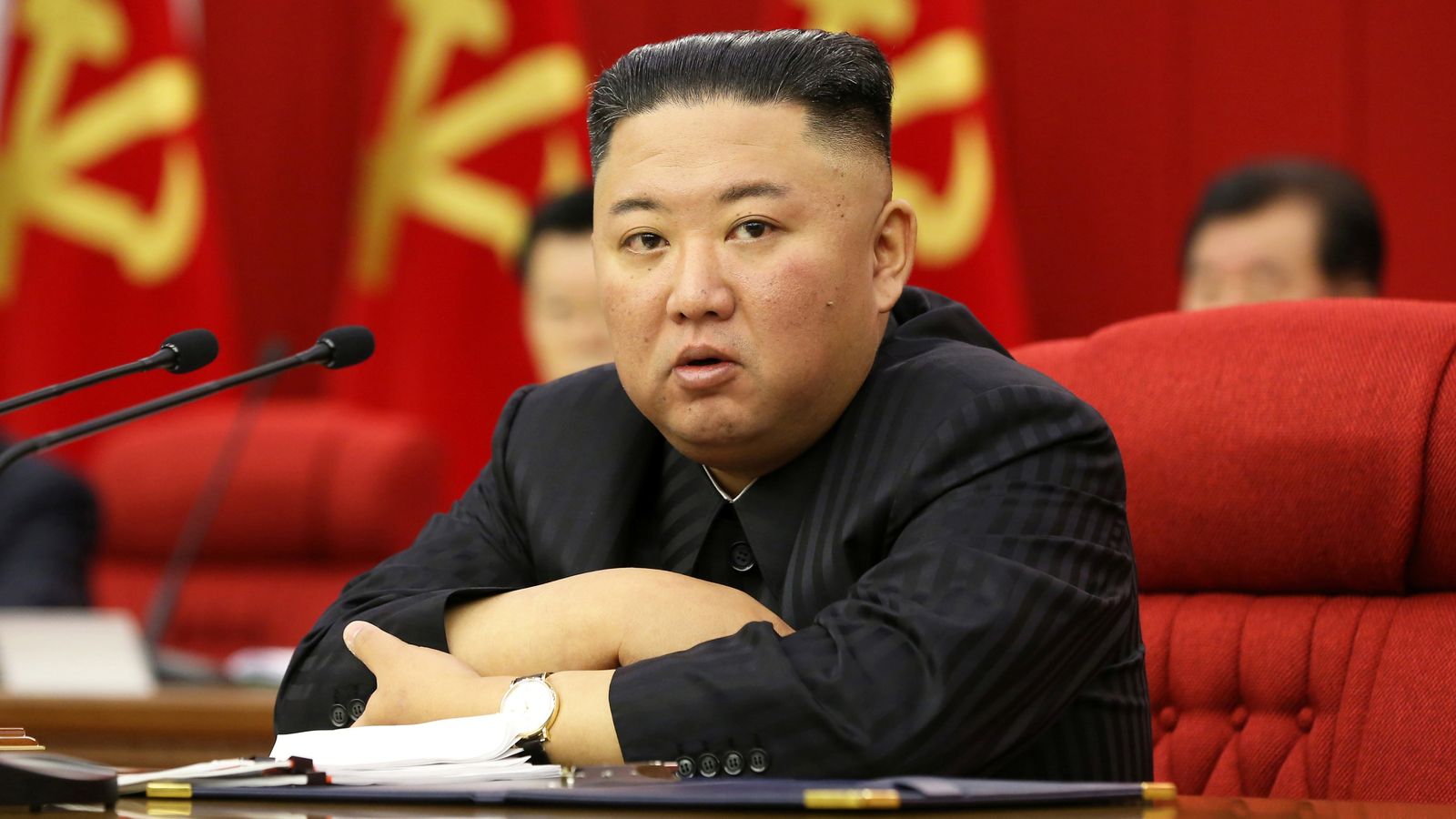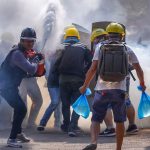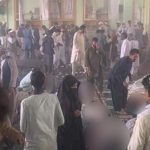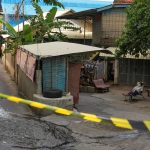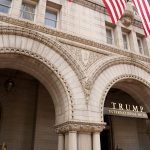North Korea has fired a short-range missile towards the sea off its east coast, South Korea’s military and Tokyo officials have said.
Details of the launch are being analysed by South Korean and US authorities. But Japanese Prime Minister Yoshihide Suga said it “could be a ballistic missile” – which can be used to carry large nuclear warheads and is banned under United Nations sanctions.
The test happened early on Tuesday as North Korea’s ambassador to the UN said no one could deny his country’s right to self defence and to test weapons.
Kim Song accused the United States of hostility and said his country’s development of a “war deterrent” was a necessity to defend itself against US threats.
He demanded the Biden administration permanently end joint military exercises with South Korea, and accused Seoul of betraying inter-Korean peace agreements by prioritising its Western ally over “national harmony”.
North Korea’s latest move follows two previous ballistic and cruise missile tests earlier this month.
Seoul’s Joint Chiefs of Staff did not immediately say what the North launched in its latest test on the Korean Peninsula, or how far the weapon flew.
North Korea rejects South’s ‘admirable’ push to declare end to war after 71 years
North Korea missile tests were by new ‘railway-borne’ system, state media says
North Korea fires two ballistic missiles – days after testing ‘weapon of great significance’
The US Indo-Pacific Command said the launch posed no immediate threat to the United States or its allies but added that it highlighted “the destabilising impact” of Pyongyang’s illicit weapons programmes.
Talks over North Korea’s nuclear disarmament have floundered since Donald Trump’s second meeting with Kim Jong Un in 2019, when the former US president rejected a request for major sanctions relief.
Kim Jong Un has so far rejected the Biden administration’s moves for dialogue, demanding Washington’s “hostile” policies are dropped first.
The US keeps about 28,000 troops in South Korea to help deter potential aggression from North Korea.
Seoul and Washington say their drills are defensive in nature, but they have cancelled or downsized them in recent years to create space for diplomacy or in response to the coronavirus pandemic.
